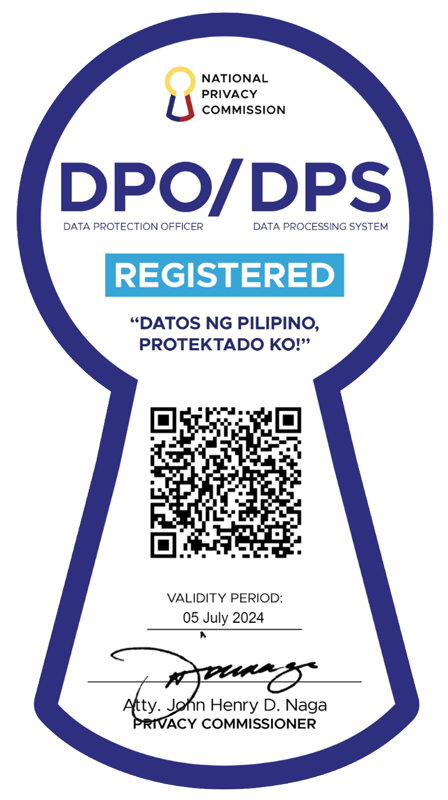What you need to know about abusive relationships

Domestic abuse has been in the news for several weeks, whether through local incidents like the one between actors Kit Thompson and Anna Jalandoni to international cases like the ongoing court cases between Amber Heard and Johnny Depp.
While the cases of these two couples are pretty obvious incidents of physical abuse, abuse in a relationship can come in different forms, with some much more subtle than a raised fist or a black eye.
If you're unsure of your own situation and want to know if you're in an abusive relationship, find out what constitutes abuse in a relationship as well as the warning signs you need to look out for below.
By the numbers
The Philippine Commission on Women quotes a 2017 National Demographic and Health Survey conducted by the Philippine Statistics Authority to say that one in four Filipino women aged 15 to 49 has experienced physical, emotional, or sexual violence by their husband or partner.
Advocacy group DomesticShelters.org, meanwhile, reports that only 30 percent of domestic abuse victims have reported it to authorities, with 66 percent of them choosing instead to seek help within their family.
Currently, the country has Republic Act 9262 or the Anti-Violence Against Women and their Children Act of 2004, which lists physical violence, sexual violence, psychological violence, and economic abuse as forms of violence against women.
The effects of abuse
On the Choosing Therapy website, which hosts articles by “licensed therapists, professors, and other qualified professionals,” victims of abuse can experience anxiety, depression, post-traumatic stress disorder, nightmares, as well as develop an eating disorder or substance abuse disorder. Body aches and pains, heart disease, sleep issues, as well as headaches and migraines, can also be physical effects of abuse.
The warning signs
Choosing Therapy lists 25 potential signs of an abusive relationship, such as verbal abuse and the abuser having a poor temper. Unpredictable behaviors, cruelty to animals, possessiveness, and threatening behavior are also seen as warning signs.
An abuser will also have sexist beliefs and force sexual activity, as well as encourage codependency, exert financial control, and victim-blame and publicly shame the victim.
More obvious signs include the victim having bruises, black eyes, cuts, lacerations, broken bones, malnutrition, and overall worsening health issues for the victim.
How to leave
Because of a lot of factors like financial dependence and isolation from friends and family, it can be daunting for victims of domestic abuse to escape their situation. However, when a victim finally decides to leave her situation, there are a number of agencies that they can approach.
Thanks to the Magna Carta for Women, each barangay has a violence against women desk that a victim of physical, sexual, psychological, and economic abuse can approach. The desk is meant to address these issues and keep case records confidential and secured.
Victims can also call the hotlines for violence against women available in all regions of the country. The 911 National Emergency Hotline can also be used, as well as the Aleng Pulis hotline number 09197777377. The Inter-Agency Council on Violence Against Women and their
Children can also be reached through the mobile numbers 09178671907 or 09454558121.







